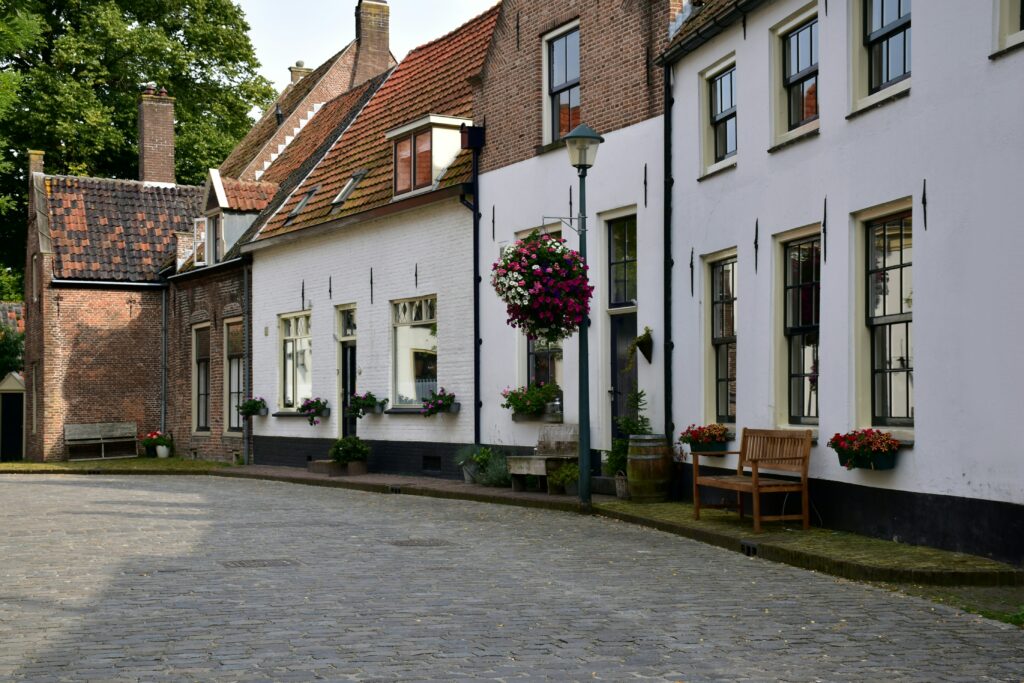Exploring Perceptions of Flexwonen Benefits and Challenges in the Dutch Housing Market
The Netherlands is currently experiencing a space battle, which has resulted in considerable spatial complexities. One of the effects of this is a housing crisis, which has resulted in a lack of affordable housing. Because of this, “flexwonen” has gained increasing attention as a potential solution to address the shortages in affordable housing in the Dutch housing market. Flexwonen refers to housing solutions that are designed to be flexible, affordable, and sustainable. Flexwonen can come in different formats. The most commonly used format is the construction of dwellings, known as “flexwoningen”, characterized by their temporary nature. This means that they can be easily relocated or repurposed as needed.
This study explores the perceptions of different stakeholders, including housing providers, municipalities, and housing and urban development experts, regarding the benefits and challenges associated with flexwonen. By analyzing these perspectives across stakeholder groups, this research aims to comprehensively understand the varying viewpoints surrounding flexwonen in the Dutch housing market.
To investigate these perceptions, qualitative interviews were conducted with representatives from three different stakeholder groups: housing providers, municipalities, and housing and urban development experts.
The findings reveal a range of perspectives on the benefits and challenges of temporary housing in the Dutch housing market. Although flexwonen offers many benefits, it still faces numerous challenges, as a result, its effectiveness is limited. Therefore, it is crucial to acknowledge all these advantages and challenges when considering flexwonen as a possible solution for addressing the current housing shortages.

Also Read: Advanced Modular Housing Design: Developing the COR+
